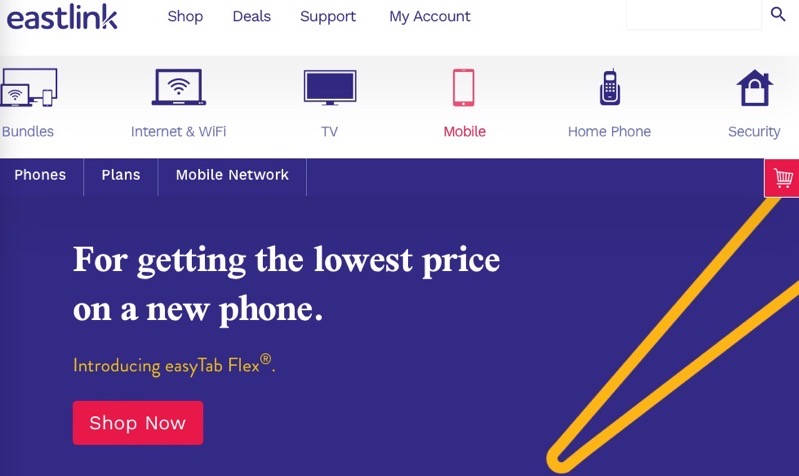
Manitoba Coalition Asks CRTC for Affordable Universal Wireless Service
The second week of the Canadian Radio-television and Telecommunications Commission’s (CRTC) public hearing on wireless services continues this week, with yesterday seeing a presentation from a group called the Manitoba Coalition, seeking more affordable wireless services.
The group is the Manitoba Branch of the Consumers’ Association of Canada (CAC Manitoba) and Aboriginal Council of Winnipeg and Winnipeg Harvest.
Its presentation was made by a Katrine Dilay, a lawyer with the Public Interest Law Centre and legal counsel for the group, along with a PhD student from Carleton University, Ben Klass, known for his wireless expertise. Gloria Desorcy, executive director of the Manitoba Branch of the Consumers’ Association of Canada, and Damon Johnston, president of the Aboriginal Council of Winnipeg also spoke for the group.
“Canadian consumers have been on a patient regulatory journey and have waited long enough,” said Gloria Desorcy, executive director for the Manitoba arm of the Consumers Association of Canada, according to The Canadian Press.
According to the Manitoba Coalition, independent research conducted by Klass concludes Canada’s mobile networks “are generally fast and widely available,” with good LTE performance. However, affordability and adoption of wireless remain an issue, as those unable to afford the luxury use services less “due to high prices.”
The group called for a “Basic Use Wireless Plan”, saying “there is a high potential for mobile wireless connectivity to positively impact the lives of Canadians who may face barriers in the marketplace.”
The Manitoba Coalition said its “consumer engagement has illustrated that demand for lower-cost network access is palpable, and strongly suggests that a minimum of 2 gigabytes of data, with talk, text and a device included for up to $35 per month could meet the presently-unmet needs of many.”
Data shows Canadians are paying more than their peers in other countries and using wireless services less. “Put simply, too many people are unable to benefit from mobile service at all due to the high price of service,” says the presentation.
Klass says lower-income Canadians only adopt smartphones at a rate of 75 or 85 per cent, versus the 90 per cent rate of those who earn between $50,000 to $60,000 per year, according to Statistics Canada data.
“So regardless of international comparisons on price, I think this is a policy problem that really needs to be addressed,” said Klass, reports The Canadian Press.
The CRTC should implement mobile virtual network operators (MVNOs), which would allow smaller companies to rent wireless capacity from incumbent networks and resell services, according to the coalition.
“Based on our research, and in specific consideration of the consistent shortcomings of Canada’s mobile market, it is our view that the evidence, on balance, supports mandating wholesale MVNO access,” concludes the Manitoba Coalition’s presentation.
The view of incumbents such as Rogers, Telus and Bell, oppose MVNOs. Bell’s presentation last week said cellphone prices were “declining rapidly” and now is not the right time for MVNOs during times of critical investments towards 5G. Telus threatened to cut $1 billion in investments and also 5,000 jobs, if MVNOs were mandated by the CRTC. Rogers is set to testify at the CRTC public hearing this week.


